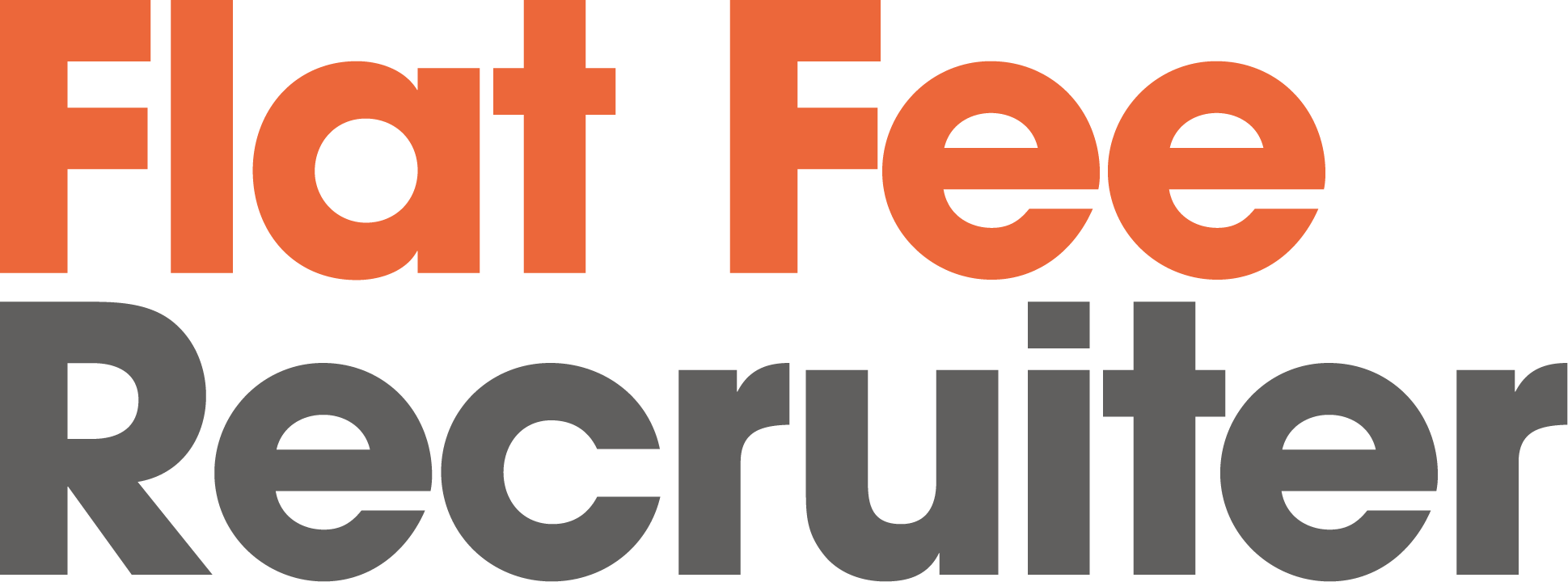How do Job Boards Work?
Job Seeker Blog 
Job hunting via online job boards is currently the most popular method for job seekers to search and apply for jobs. If you’re using job boards in your job hunt then you’ll be familiar with the vast array of job websites to choose from, each offering slightly different things. The aim of this blog is to answer the following questions:
| How do Job Boards Work? |
| How do You Use Job Boards in Your Job Hunt? |
| How do You Apply for a Job on a Job Board? |
Finding a job
Job boards work by being a middleman between a job seeker and a hiring company. Hiring companies (or agencies) advertise their job roles which can be filtered down by job seekers to find something that matches their criteria. The filtering process is usually done by job title and location i.e. Sales Manager in Birmingham. This will pull up all the jobs that the job board has for that criteria...it’s likely to be a lot by the way. So did you know you can filter this down further?
Job boards often have an ‘advanced search’ – don’t be put off by the word ‘advanced’, it just means more in-depth. Here you can specify your desired salary bracket, preferred contract type, distance from the location specified etc. This will narrow your results down further so you are only seeing exactly what you are looking for.
Applying for a job
When you see a job you like you can apply for it at the time you see it or save it for later. If you have the time to apply there and then there are a couple of options you can use to get your details over to the hiring company such as applying via social media or submitting your CV and covering letter. Some employers need more information and might have an application form to complete. There should be instructions on what the employer needs from you – if you know it isn’t a straightforward submit a CV, then you might need to set aside some time.
The "save it for later" facility is handy for coming back to a job you’ve seen. It’s usually in the form of a star icon on the job, this saves the job on your account so when you have time you can go back to it and apply when it is more convenient.
There are now lots of other options too when you see a good job, you are able to share it on social media for example or you can email it directly to a friend who you think may be interested.
If you’re not particularly impressed with the results generated you can usually set up an email alert which goes straight to your inbox when your specified criteria is met. This is a handy way to be notified of new jobs without trawling through job sites on a regular basis.
Alternative job sites
If you’re not finding what you want to on the job board, you may want to go to other job boards and see what they have – not every employer can afford to advertise on every board so there will be different jobs in different places. If you do a technical or specialised role you might want to look at a job site that is industry specific rather than a generalised site. By signing up to one job board doesn’t tie you in, in fact, according to a recent survey we conducted – most job seekers use around 9 different job websites when they are job hunting so don’t be afraid to widen the net.
An alternative is to search for a job in a general search engine such as Google. Here you might see a list of job boards crop up in the search results alongside companies hiring directly and then there are these other sites...sites that act a little like a secondary search engine. Sites like Indeed. Indeed isn’t a job board (although it is changing to become one) but for now, it is still classed as an aggregator. Its remit is to pool together jobs from all the other job boards and company career sites. So, it acts like a job search site but in most cases, it isn’t the advertiser. If you click on a job within Indeed you will most likely be directed elsewhere to apply (usually back to a job board).
The most important thing to remember is: take your time, apply for jobs that genuinely interest you and make sure that your CV and cover letter are up-to-date and up-to-scratch.
Some other blogs you might find helpful include:
